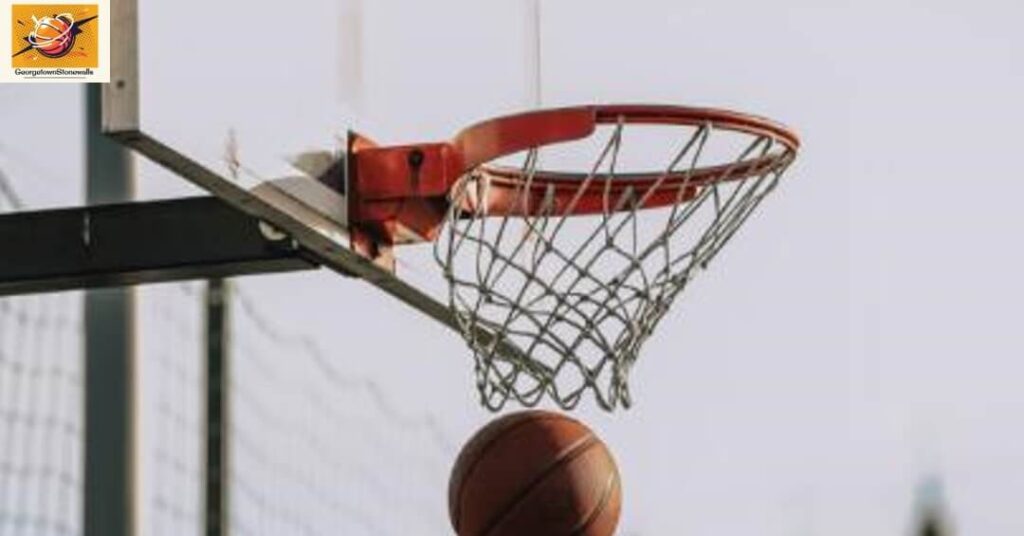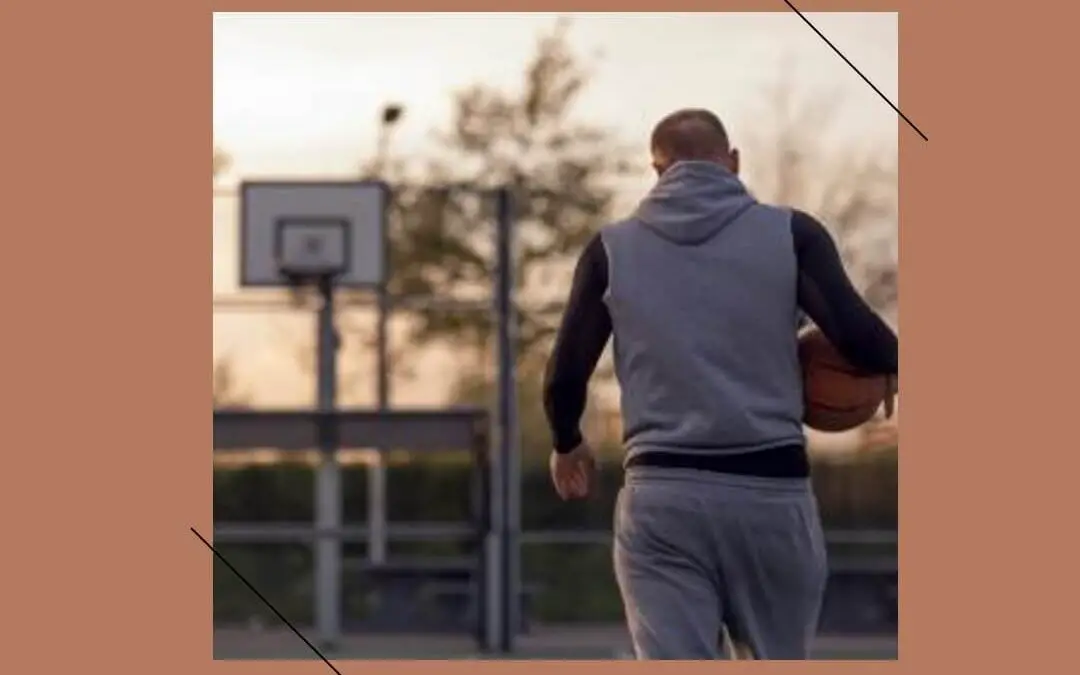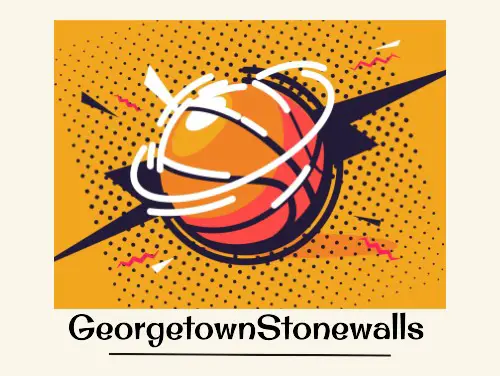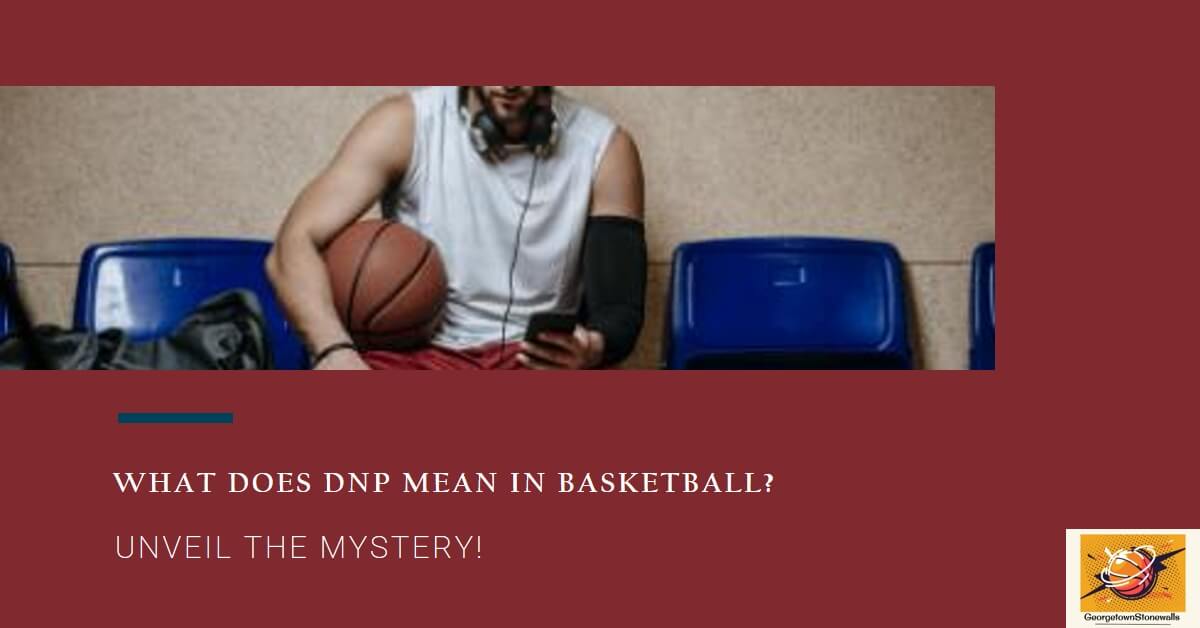What Does DNP Mean in Basketball? Decoding the Absence: Understanding the Significance of “Did Not Play” Status
Understanding player participation in basketball games is crucial for fans, analysts, and fantasy sports enthusiasts. The term DNP appears in box scores and player statistics, which coaches often use to denote when a player has not seen any game action.
Reasons for a DNP can range from a coach’s decision, injury, or personal matters. This acronym helps to quickly communicate a player’s game involvement without delving into the specifics of why they remained on the bench. For teams, tracking DNPs can be integral to managing player health, developing talents, and strategizing for upcoming games. It holds significance for those analyzing a player’s season performance or for understanding a coach’s rotation throughout the season.

Introduction To DNP in Basketball
Basketball fans often hear the term DNP during games. It can influence team strategies and fan discussions. The acronym DNP is a key part of basketball lingo. New fans need to understand it for deeper game insights. Let’s decode this jargon together.
Understanding Basketball Jargon
Basketball has its unique language. Terms like rebounds, assists, and DNP are common. Each term holds vital information about the game. Knowing this language helps fans and players alike. Better communication and strong game understanding come from this knowledge.
The Acronym Decoded: What DNP Stands For
DNP is short for “Did Not Play”. It shows up in post-game statistics. This label is for players who did not get game time. Several reasons like injury, coach’s decision, or personal matters can cause a DNP. It isn’t about the player’s skill always.
Significance Of DNP In-Game Analysis
Seeing a DNP next to a name is important. It tells why a player missed a game. Fans look for DNPs to know team strategy changes. Analysts use DNP to gauge player health and team dynamics. A DNP can hint at off-court stories too. Coaches explain DNPs during press conferences, often stirring fan curiosity.
Reasons Behind A Dnp Decision
When a player receives a “DNP” or “Did Not Play” status in basketball, several reasons could be at play. These decisions range from strategic choices by the coach to mandatory rest due to league guidelines. Let’s explore the common reasons coaches and teams hold a player on the sidelines.
Strategic Coaching Decisions
Coaches often make tough calls to sit players, and strategy is a key driver. A matchup might favor different skill sets, prompting a rotation change.
- Opposing team’s playing style
- Player matchups and mismatches
- Game tempo and strategy adjustments
Player Injuries And Health Concerns
Player well-being is paramount in basketball. Sometimes athletes are benched to recover from injuries. This ensures their health doesn’t worsen.
| Type of Injury | Possible Recovery Time | Impact on Play |
|---|---|---|
| Minor Sprain | 1-2 Weeks | Low |
| Fracture | 6-8 Weeks | High |
Team Dynamics And Roster Management
Team chemistry and roster size sometimes influence DNP decisions. Coaches must manage playing time to foster a strong unit.
Factors in team dynamics include:
- Player roles and interactions
- Roster rotations
- Long-term team development
Resting Players And Load Management
In today’s game, rest is as critical as practice. Coaches utilize DNPs to manage player fatigue and mitigate injury risks.
- Back-to-back game schedules
- Player minutes and fatigue levels
- Season stage and playoff positioning
Implications Of DNP For Teams And Players
When scanning a basketball game’s box score, you might spot ‘DNP’ next to a player’s name. This abbreviation stands for “Did Not Play,” indicating that the player did not get any game time. The reasons behind a DNP can vary—from a coach’s decisions to injuries or personal matters. Let’s delve into how DNP affects the dynamics of a basketball team and the careers of the players sidelined by these three letters.
Effects On Team Performance And Morale
A DNP can have tangible consequences on how a team performs during a game. Teams often rely on the depth of their roster to tackle different strategies and face the opposition. Missing a key player due to a DNP might lead to adjustments, potentially disrupting the team’s rhythm. Additionally, it can influence the team’s morale, especially if the reasons for the DNP are not transparent or if they involve internal conflicts.
Impact On Players’ Careers And Development
For players, repeated DNPs can signify a worrying trend. Impacts on their career trajectory can vary, from slowing down their professional development to potentially being seen as less valuable for trades or contract renewals. Young players needing game time to develop may find more hurdles in their path if DNPs start stacking up.
Fan And Media Reactions To Dnp Notices
Fans and media scrutinize every aspect of a basketball game, and DNPs are no exception. A DNP often sparks conversations about team strategy, player health, and behind-the-scenes dynamics. Speculation can quickly circulate, affecting public perception of the team management and the player involved. DNPs can feed into narratives that create buzz and sometimes controversy.
DNPs Role In Fantasy Basketball And Betting
Fantasy basketball players and bettors always keep an eye out for DNP announcements. Such information is crucial as it affects their decisions and potentially the success of their fantasy teams or wagers. Understanding DNPs’ implications can be the difference between a win or a loss in the fantasy realm or when placing bets. Players who frequently DNP may quickly find themselves dropped from fantasy lineups.
Notable Instances Of DNP in Basketball History
Notable instances of DNP – Did Not Play – in basketball history are as diverse as the game itself. The acronym ‘DNP’ finds its place in the box score when players do not participate in a game for various reasons. It can be a coach’s decision or due to injury, among other factors. This term paints part of the broader narrative within the league’s complex tapestry. Let’s explore some memorable moments where ‘DNP’ featured prominently.
Famous Player Dnps And The Stories Behind Them
Throughout the NBA’s storied past, instances where star players sat on the bench have grabbed headlines. Here are a few notable ones:
- Michael Jordan’s “Flu Game” absence: Initially a DNP, Jordan defied expectations by playing and performing at a high level despite severe illness.
- Gregg Popovich rests star players: In 2012, the San Antonio Spurs coach famously gave Tim Duncan a DNP, listing the reason as ‘old age’, sparking both humor and debate around the league’s rest policy.
Controversial DNP Cases And League Responses
DNPs are sometimes more controversial, leading to league scrutiny. Below are cases that prompted action:
- Resting healthy players: The NBA’s response was to discourage the resting of multiple healthy players during national TV games to maintain competitive integrity.
- Disciplinary reasons: When players receive a DNP due to conduct detrimental to the team, the league has sometimes stepped in to mediate or issue its discipline.
DNP Trends In The Past Seasons
Analyzing recent seasons, DNP data reveals trends in the way teams manage player health and rotations.
| Season | Total DNPs | Reasons |
|---|---|---|
| 2018/19 | 1,130 | Injury, rest, personal reasons |
| 2019/20 | 1,400 | Injury, COVID-19 protocols |
| 2020/21 | 2,000+ | Injury, rest, health and safety protocols |
These figures highlight the evolving landscape of professional basketball and the factors influencing player availability.
Conclusion: The Role Of DNP In Modern Basketball
Exploring the term ‘DNP’ reveals its unique role in basketball development. Coaches decide not to play certain players for various reasons. These decisions can greatly impact game outcomes, team dynamics, and player health. Understanding DNP’s influence is crucial for fans and professionals alike.
Balancing Competitive Integrity With Player Wellness
In the fast-paced environment of professional basketball, teams must maintain a balance. Protecting athletes’ health often leads to players being benched, a status known as ‘DNP – Did Not Play’. This practice ensures players remain in top condition for the season.
- Rest for key athletes during less crucial games.
- Prevent overuse injuries by managing playtime.
- Allow players to recover from minor knocks or fatigue.
Dnp’s Place In Future Basketball Strategies
The landscape of basketball constantly evolves. Coaches now recognize that DNPs can be a strategic tool. They can help optimize player performance over a long season. DNPs might become more prevalent as part of long-term player management.
- Teams may plan DNPs ahead of critical matchups.
- Using DNPs to develop bench strength and depth.
- Season-long strategies could integrate DNPs for overall success.
Educating Fans On The Nuances Of DNPS
To foster a deeper understanding of the game, the basketball community needs to share knowledge about DNPs. Fans should recognize the complexity behind these decisions. This transparency builds appreciation for the coaching strategy and respect for athlete welfare.
- Transparent communication from teams about DNP decisions.
- Insights into the long-term benefits of rest periods.
- Connections between DNPs and player longevity in the league.

Frequently Asked Questions For What Does DNP Mean In Basketball
What Is A DNP Player?
A DNP player in sports refers to an athlete who did not play in a game, noted as “Did Not Play” on the score sheet.
What Is A DNP Cd In Basketball?
A DNP CD in basketball stands for “Did Not Play – Coach’s Decision. ” It indicates a player was benched without any action during a game per the coach’s choice.
What Is DNP Sports?
DNP Sports refers to a performance-enhancing drug, banned in sports, known as 2,4-Dinitrophenol. It’s highly toxic and not approved for human consumption.
What Does DNP Mean In Football?
In football, DNP stands for “Did Not Play,” indicating a player did not participate in a game. This could be due to various reasons such as injury, coach’s decision, or personal matters.
Conclusion
Wrapping up, and understanding DNP in basketball is crucial for fans following team strategies. It means a player didn’t participate, often due to coach decisions or health. This term enhances discussions around lineups and player management. Keep this acronym in mind to fully grasp game nuances and player dynamics.


